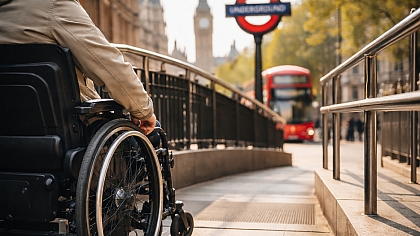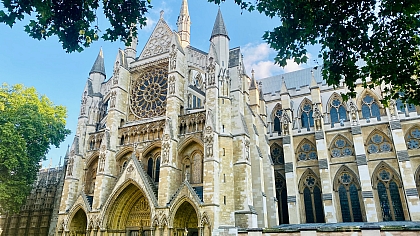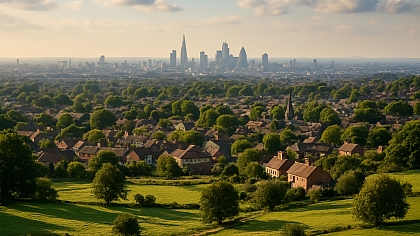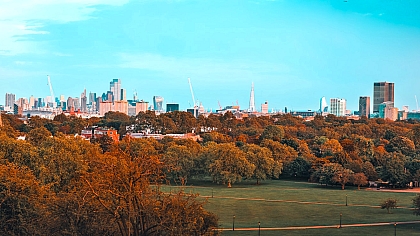
London Activities That Turn Holiday Time Into Learning Moments
London is one of the most exciting cities in the world for families looking to blend holidays with educational experiences. The city’s wealth of museums, historical landmarks, parks, and theatres ensures that children can keep learning even while they play. With thoughtfully designed workshops, discovery trails, and interactive exhibits, London transforms every corner into a dynamic classroom.
The capital offers a rich and varied learning environment for parents eager to combine entertainment with meaningful development. Keep reading to find out more.
Immersive Language Learning in a Global City
For many families visiting the UK, especially those from non-English-speaking countries, enrolling children in a summer school in London offers an ideal way to combine travel and education. Programmes typically balance morning lessons at an English school in London with excursions to museums and cultural sites where children practise new language skills.
Attending a summer school to learn English allows children to link classroom learning with real-world use. For example, they may learn transport vocabulary and immediately use it to navigate the Underground, or practise phrases for shopping and apply them at a local market. This direct connection improves confidence and retention.
Educational Adventures in London’s Museums
Museums such as the British Museum and the Science Museum design workshops specifically for children. These hands-on sessions turn historical artefacts and scientific principles into real-life experiences. Children can handle fossils, join art challenges, or participate in engineering experiments, building knowledge through doing.
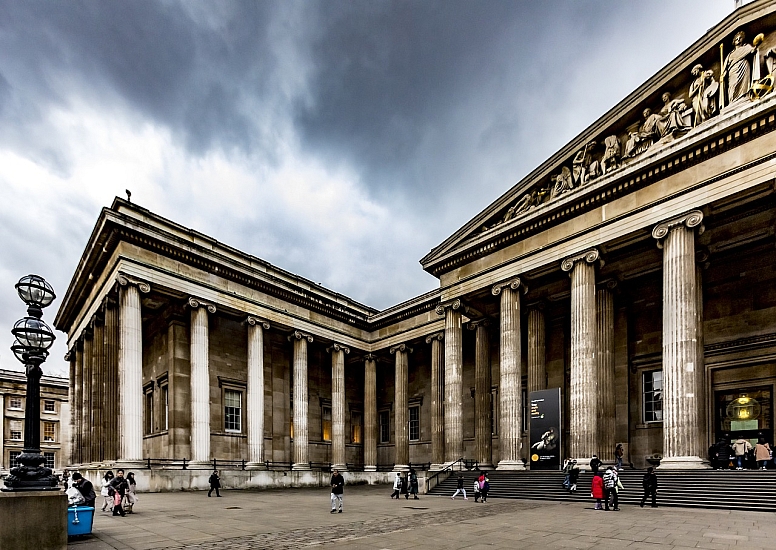
Seasonal programmes often include age-specific trails, games, and discovery packs that extend learning beyond static displays. Parents report that children show greater curiosity and confidence after participating in museum-based activities, especially when they reflect on topics studied in their London summer school curriculum.
Parks That Inspire Outdoor Learning
London’s green spaces, like Hyde Park, Kew Gardens, and Regent’s Park, also serve as outdoor classrooms. Ranger-led sessions cover environmental science, from pond ecosystems to climate adaptation in plants. Children learn through exploration, spotting wildlife, testing soil, or sketching tree shapes, activities that support science and observation skills.
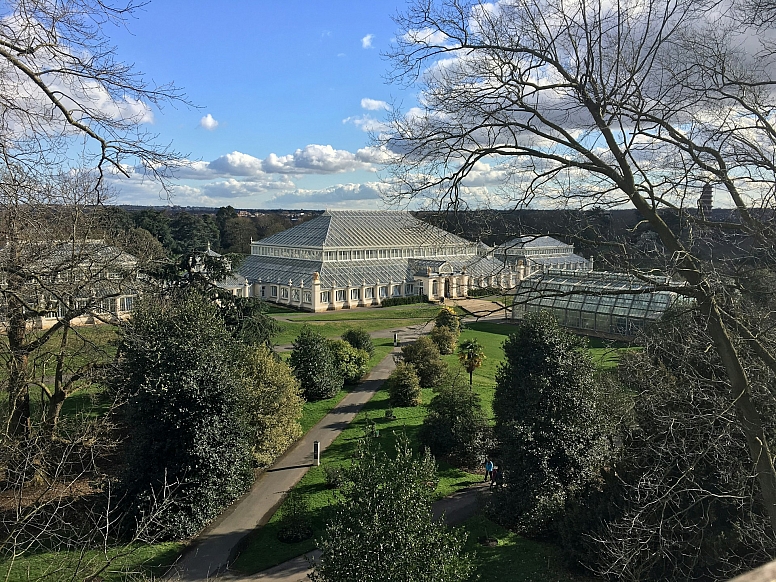
Kew’s Children’s Garden includes interactive zones and scavenger hunts, which are ideal for reinforcing vocabulary from an English school in London through nature-themed tasks. Whether describing a butterfly or identifying tree bark, children connect new words with direct experience.
Historical Walks That Bring the Past to Life
Self-guided history trails across London give families a flexible and enriching way to explore the city. Routes around Roman London, Victorian Kensington, or Smithfield’s medieval lanes encourage children to ask questions and connect textbook facts to real surroundings.

These walking routes often feature downloadable activity sheets or mobile apps, prompting sketching, quiz-solving, and detective work. Digital initiatives like Talking Statues and Layers of London further enhance interactivity, engaging children of all ages. For London summer school students, these routes provide meaningful practice for new vocabulary and storytelling techniques learned in class.
Theatre as a Tool for Education and Confidence
Theatre venues such as Shakespeare’s Globe and the National Theatre offer educational programmes during school breaks. In creative workshops, children can explore acting, movement, and public speaking, building not just literacy but also confidence and social skills.
Some theatre experiences are tied directly to summer school programmes. Language learners, for instance, may participate in play-reading circles or backstage tours where they practise English in an expressive, supportive environment. These activities help cement vocabulary, improve comprehension, and encourage collaborative learning.
Learning English Through Real-Life Interaction
A key advantage of spending a summer in London is the constant opportunity to practise English in real situations. Buying tickets, ordering food, and asking for directions all offer daily chances for language immersion.
Research shows real-world interaction enhances vocabulary retention more effectively than classroom learning alone. Children's listening, speaking, and comprehension skills develop quickly as they participate in everyday exchanges. For students at a summer school in London, these experiences make English practical and memorable.
Engaging Family Programmes Across the City
Many institutions, such as the Natural History Museum and the Victoria and Albert Museum, offer structured family programmes. These include design workshops, fossil hunts, and storytelling sessions tailored to different age groups. These programmes boost subject knowledge and support language development and teamwork.
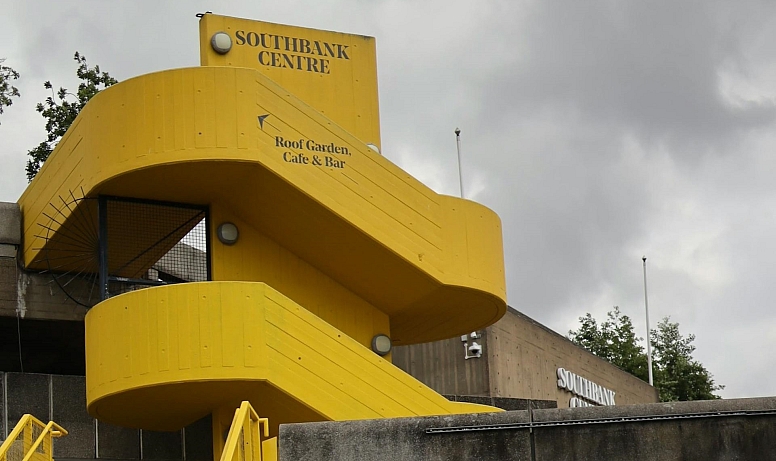
Free events at libraries and bookshops add even more variety. Storytime sessions, particularly at the Southbank Centre, often feature multilingual storytelling, encouraging children to explore how different cultures express themselves. These sessions especially benefit learners from an English school in London, offering extra listening and comprehension practice in a fun, low-pressure setting.
Make the Most of London’s Educational Opportunities This Summer
London offers families a remarkable opportunity to transform school holidays into meaningful learning journeys. Whether through structured lessons at a London summer school, interactive museum visits, outdoor science trails, or historical city walks, the city makes education part of every adventure. By choosing the right mix of activities, parents can ensure that their children return home with wonderful memories, new skills, language development, and a deeper curiosity about the world.
